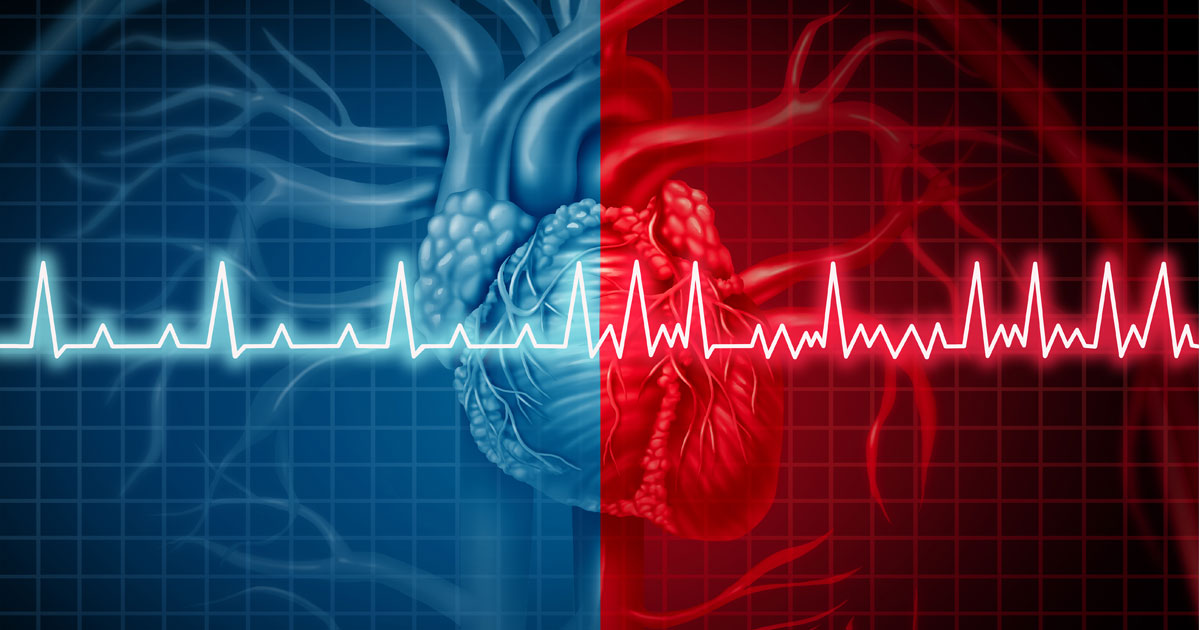
Pacemakers are literal lifesavers. However, JAMA Internal Medicine reports that improvements in the safety surveillance systems surrounding cardiac devices are necessary to protect patients from pacemaker failures. In a recent editorial, a resident at the University of California, San Francisco and a professor of medicine at University of California, San Francisco wrote that progress on safety for such medical devices is not a possibility in the U.S. until the Food and Drug Administration (FDA) determines that data collection is a priority. The FDA must make regulatory decisions more quickly when safety concerns regarding such devices are identified and reported.
Researchers at the Minnesota Heart Institute Foundation analyzed 90 patients with Cardiac Resynchronization Therapy Pacemakers (CRT-P). In 2015, these pacemakers were recalled because of frequent internal battery resistance. The patients in the study had a mean age of 71 and consisted of 41 percent men and 59 percent women. Five patients suffered from syncope, also known as fainting, triggered by a sharp blood pressure and heart rate drop. The syncope occurred due to battery failure in the devices or issues with CRT-P wiring.
Reports sent to the FDA for the Manufacturer and User Facility Device Experience (MAUDE) database show that such failures resulted in one death, along with six instances of heart failure exacerbation. However, according to the director of the Minneapolis Heart Institute Pacemaker Department, the FDA and the manufacturers knew of the battery defects for 19 months before issuing a recall. He notes that doctors were not informed of the problems involving wire connections, and that the pacemaker could lose it pacing.
When the FDA finally did issue a recall for the devices after more than a year and a half, it did so under the guise of a Class II recall, not the more urgent Class I type. The institution’s research shows that reforms are needed in both the medical device industry, as well as how the FDA conducts recalls in the future.
The problem with medical device surveillance extends beyond the U.S. In a study conducted by the University of Iceland, Reykjavik, researchers concluded that the current surveillance system for medical devices needs substantial improvement so that preventable deaths and severe illnesses do not occur. The system currently depends on voluntary reporting of any adverse effects, and that does patients a disservice as it is not making their safety the highest priority.
If you or a loved one was the victim of a defective medical device, you need the services of the experienced Philadelphia defective medical device lawyers at Brookman, Rosenberg, Brown & Sandler. We will fight to protect your rights and help you obtain the compensation you deserve. For a free case evaluation, complete our online form or call us at 215-569-4000. Located in Philadelphia, we serve clients throughout New Jersey and Pennsylvania, including Delaware County, Chester County, and Philadelphia County.